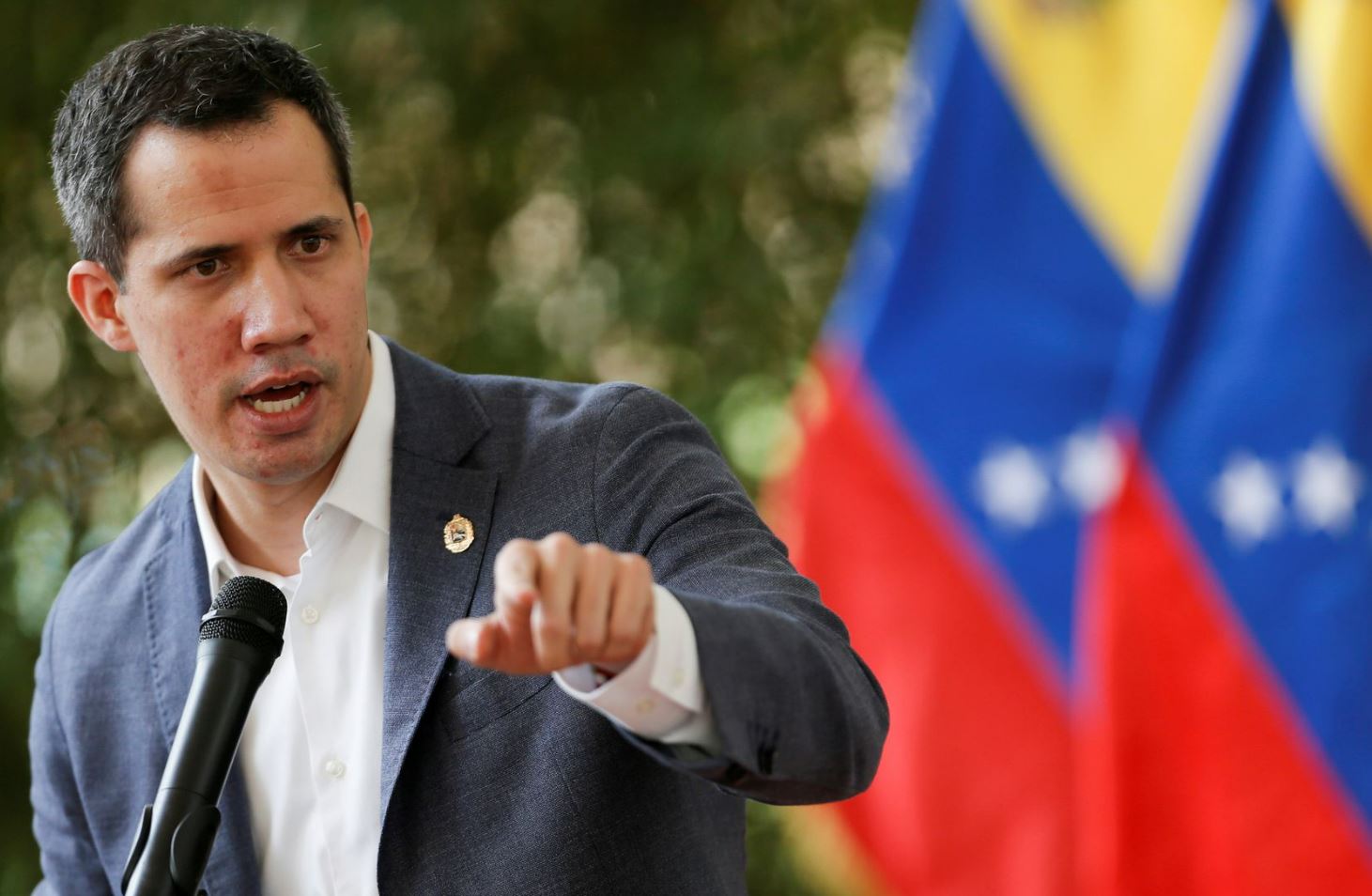The interim government of Juan Guaidó, who was sworn in in Caracas almost four years ago, is about to be dissolved, or at least adapted, according to three sources familiar with the situation, who define January as the decisive month to fulfill it.
Three of the parties that make up the so-called G4 would be in favor of a renewal of the opposition leadership, considering the lack of results and the loss of impact of this management on the Venezuelans, as was raised during a meeting with US government authorities in Panama in mid October.
Un Nuevo Tiempo, Primera Justicia y Acción Democrática have thus distanced themselves from Voluntad Popular, the party of Leopoldo López, and in which Guaidó was a militant, as well as from the idea of continuity of the government in charge, consolidating the task of opening a new road.

Guaidó, for his part, has denied that the Joe Biden administration is willing to go back on the support it has shown so far, both for him and for the National Assembly elected in 2015, with an opposition majority, for which he has planned an installation session in January as its president, as he recently stated.
The defense of the Venezuelan Parliament led by Guaidó as an institution for the management of assets frozen abroad, one of the key objectives in the interim period recognized in 2019 by more than 50 countries in the world, is one of the elements in the discussion that It is not yet defined, and the one that could reach agreements and coincidences, according to one of the sources.
After this installation, the US government would redirect its support only to Guaidó’s NA, as reported in Panama and would gradually diminish the role of the interim government.
However, the last-minute changes are also expected by those who were consulted by Bloomberg Línea, in the midst of confusing decisions that the US has recently made regarding Venezuela.
And it is that since March, with high-level meetings between Washington and Miraflores, which has resulted in the easing of economic sanctions against the administration of Nicolás Maduro and the release of the nephews of Cilia Flores, imprisoned in the US, has evidenced the strategy of a new search for communication with Venezuela after the negotiation between the opposition and Chavismo in Mexico was suspended.
Maduro, meanwhile, has ventured out of Caracas, participating in some international events such as the COP27 climate summit in Egypt, taking advantage of shaking hands with world leaders, who have been allies of Guaidó, and insisting on dialogue to resolve the Venezuelan conflict.
With information from Bloomberg Línea

